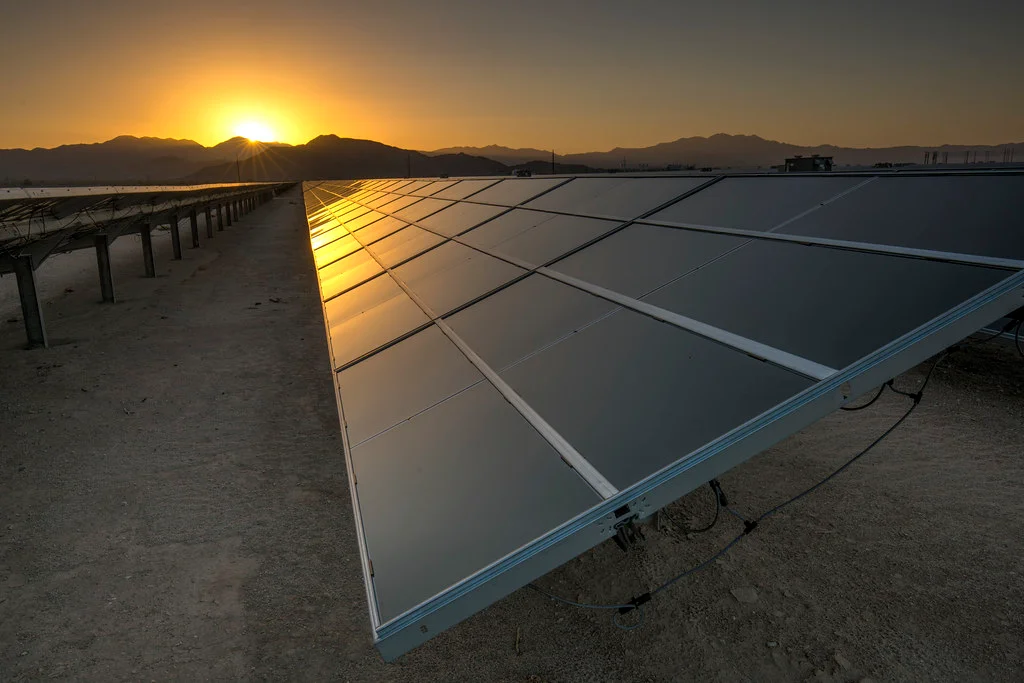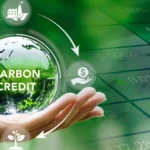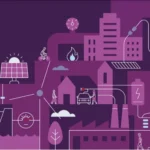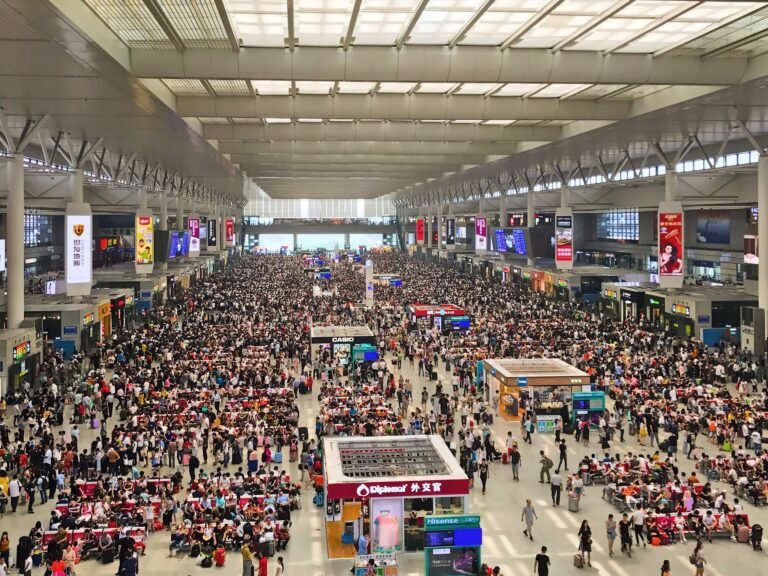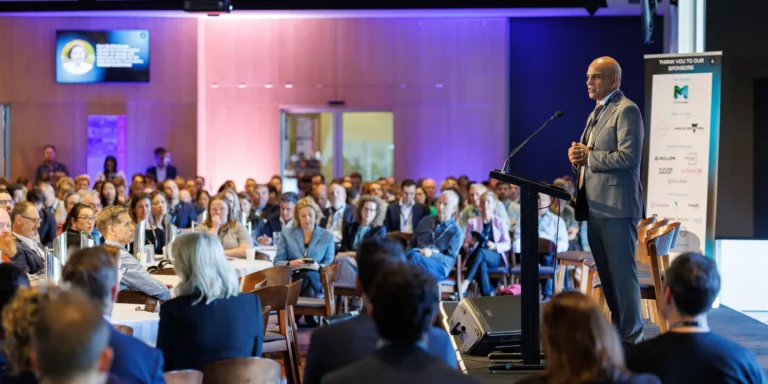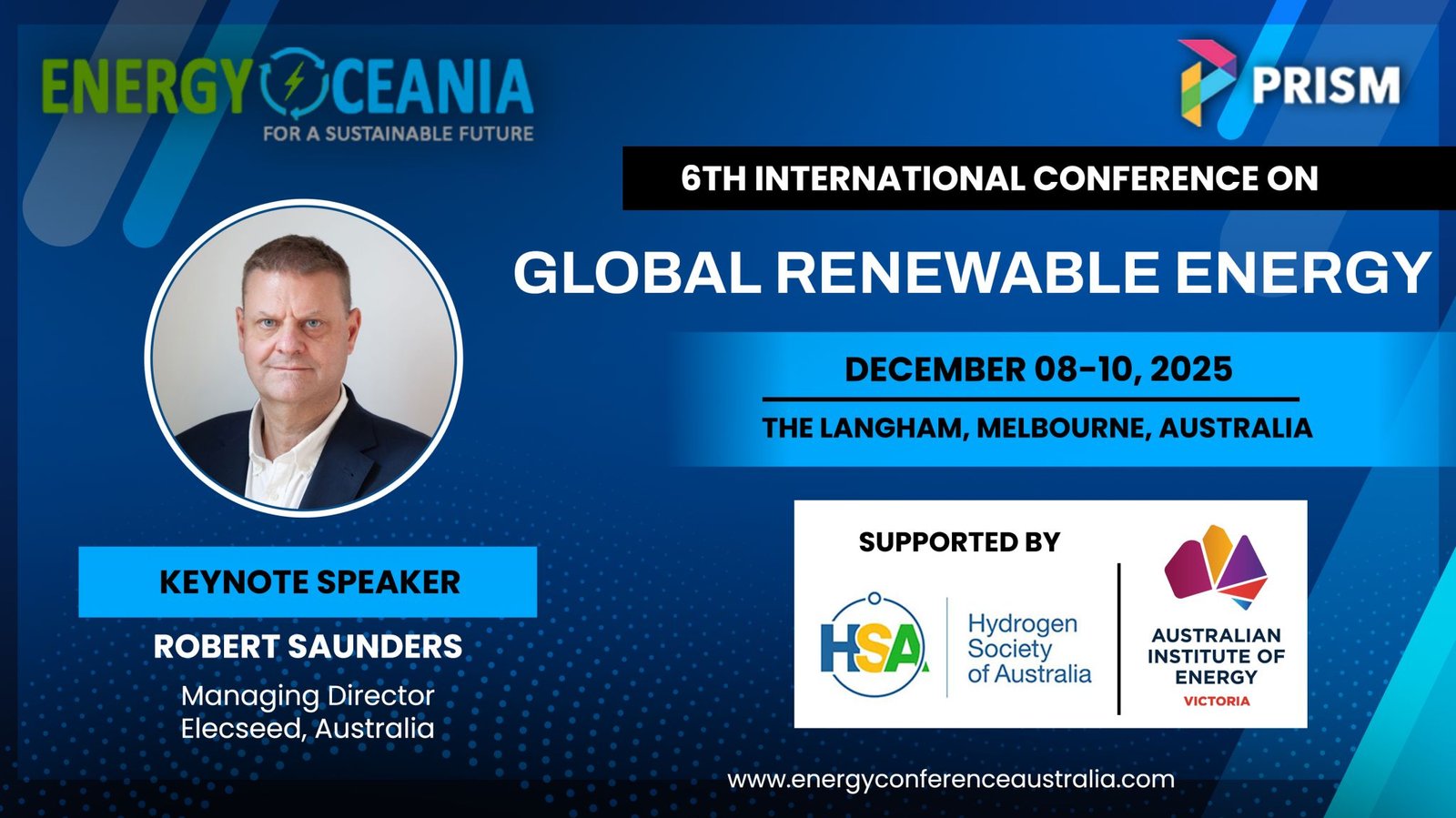IEA labels energy efficiency the “first fuel” in clean energy transitions. Nearly 70 per cent of energy systems worldwide fall short of their operational potential due to inefficiencies.
Energy efficiency is currently seeing a strong global focus among policy makers in recognition of its important role in enhancing energy security and affordability, and in accelerating clean energy transitions.
Manual operations can’t keep up with the complexity of today’s PV systems. Solar plants are underperforming, and energy is being wasted.
Raicoon, a new AI-driven platform, offers a way to maximise the efficiency of existing solar farms while cutting operational costs. Set for global expansion, the company was selected to join the Amazon Sustainability Accelerator earlier this year to deepens its presence in the US and Asia-Pacific markets.
What sets this platform apart is its use of machine learning to continuously adapt and improve. The system sifts through the complex datasets generated by PV systems, delivering precise, automated decisions that minimise waste and maximise uptime. Unlike traditional solutions requiring manual intervention, the AOC operates independently, saving time and resources.
This innovation, an autonomous operations centre (AOC) for solar photovoltaic (PV) plants, uses advanced AI to identify and address faults with near 100 per cent accuracy.
By eliminating false alarms, the platform ensures only actionable data is flagged, significantly reducing maintenance costs while improving energy output by around six per cent. With operational expenses cut by 30 to 50 per cent, the solution offers both environmental and economic benefits.
The estimated 2023 rate of progress in energy intensity – the main metric used for the energy efficiency of the global economy – was set to fall back to below longer-term trends, to 1.3% from a stronger 2% last year. The lower energy intensity improvement rate largely reflects an increase in energy demand of 1.7% in 2023, compared with 1.3% a year ago.

Energy efficiency is the single largest measure to avoid energy demand in the Net Zero Emissions by 2050 (NZE) Scenario, along with the closely related measures of electrification, behavioural change, digitalisation and material efficiency. All together these measures shape global energy intensity – the amount of energy required to produce a unit of GDP. Global energy intensity falls by around 4% per year on average this decade in the NZE Scenario, which compares with 1.7% over the last 10 years.
More on RAICOON HERE+
More on IEA Energy Efficiency Stats.

